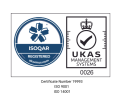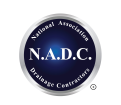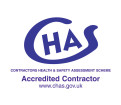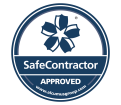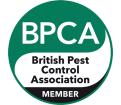
Call 0333 567 2020 for advice and quotes or contact us online
The guide to the removal of pigeons and their nests
Pigeons are a common sight in cities and towns, but they are often considered a pest bird if they decide to make their nests in an inconvenient place. These birds can cause a variety of problems for homeowners, businesses, and councils; they are known for their ability to create large colonies of birds in a short period of time, which can pose serious health risks. Their droppings are messy and contain many diseases that could affect human health.
By learning more about the challenges that pigeons present and the available management options, you can protect your property and ensure that these birds do not become a nuisance in your community.
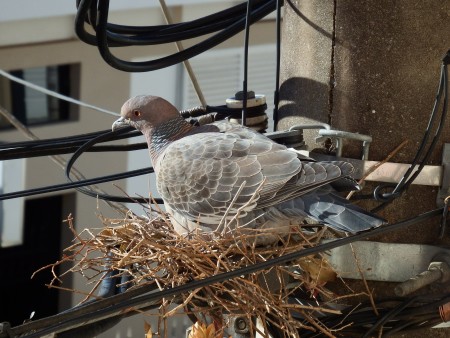 Where do pigeons nest?
Where do pigeons nest?
Pigeons prefer to nest in sheltered, protected areas, and will often build their nests in close proximity to food sources. Some common nesting sites include, on ledges, eaves, and other high-rise locations, they can also be found in abandoned buildings.
Pigeons tend to live in flocks, so if one finds a suitable place to nest —like the roof of your business — you may soon find yourself with quite a few babies.
When do pigeons nest?
Pigeons generally begin breeding in the spring, although the exact timing can vary depending on the location and climate. In most cases, pigeons will start building their nests and laying eggs in late March or early April. Pigeons are monogamous and typically mate for life, and both the male and female will help to build the nest and incubate the eggs.
Once the eggs hatch, the parents will take turns caring for the chicks, known as squabs, until they are old enough to leave the nest. The squabs will fledge, or leave the nest, at around 4 to 6 weeks old. Pigeons are known to have multiple broods per year, and may continue to breed and raise young throughout the spring and summer.
Problems caused by a pigeon infestation
Pigeons can cause a variety of hazards and health problems when they infest an area. Some of the most common issues include:
- Property damage: Pigeons can damage buildings and other structures with their droppings, which are highly acidic and can eat away at certain types of materials.
- Disease transmission: Pigeons can carry and transmit a number of diseases, including salmonella and histoplasmosis. These diseases can be transmitted to humans through direct contact with pigeon droppings or through inhaling spores found in dried pigeon droppings.
- Allergic reactions: Some people may be allergic to pigeon droppings or feathers, which can cause symptoms such as sneezing, coughing, and watery eyes.
- Fire hazard: Pigeon droppings can build up in large quantities and create a fire hazard if they accumulate near electrical equipment or other heat sources.
- Slippery surfaces: Pigeon droppings can create slippery surfaces, which can be a hazard for pedestrians and cause accidents.
In addition to these hazards, a large infestation of pigeons can also create a nuisance and decrease the quality of life for people living or working in the affected area.
How to remove pigeons and their nests
Pigeons, like any other bird species, fall under the protection of the Wildlife & Countryside Act 1981, it is therefore an offence to remove any birds nest without satisfying the conditions of a licence. Offences under the act carry a maximum £5,000 fine and 6-month prison term.
Therefore, the best way to remove a pigeon nest humanely and legally is to seek advice from a professional bird control expert, who can advise on the appropriate licenses, and specialise in removing pigeons and their nests.
In addition to pigeon nest removal, a professional bird control expert can also help you to take steps to deter the pigeons from returning and building a new nest in the same location. This may involve using physical barriers, such as bird wire, netting or spikes; or using visual deterrents. Pigeon control is not always a one size fits all solution, a bird control professional will have the knowledge and expertise to determine what is causing the problem and recommend the best solution.
As the UK’s leading bird control company, if you have a pigeon problem and need advice, talk to our local professional teams on 0333 567 2020 or book a survey and get a quote today.
Author: NBC Environment/Orkin















